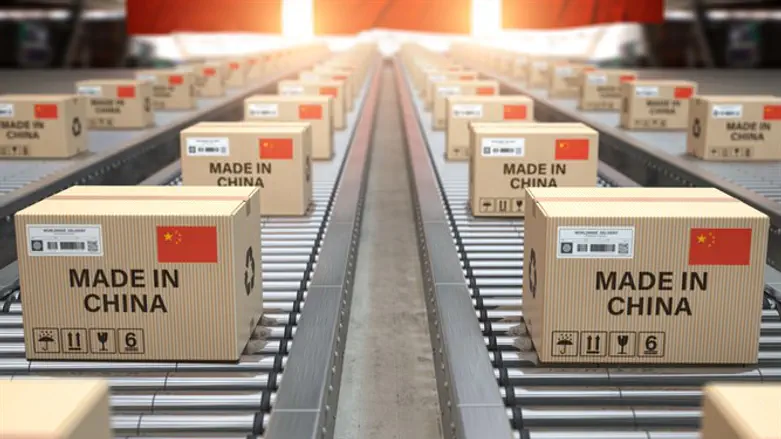
Citing “a growing body of evidence,” the United States deputy National Security Adviser, Matthew Pottinger, has reiterated previous claims that a Chinese “laboratory is likely the most credible source of the [corona]virus,” according to the Daily Mail.
Pottinger made his statements during a recent Zoom meeting with senior UK officials, one of whom is a former leader of the Conservative party, MP Iain Duncan Smith, who noted that he himself had heard reports that U.S. officials were in talks with a whistleblower from the Wuhan Institute of Virology, where many allege the novel coronavirus was either manufactured or accidentally leaked.
“I was told the U.S. have an ex-scientist from the laboratory in America at the moment,” he said. “I was led to believe that this how they have been able to stiffen up their position on how this outbreak originated.”
Pottinger himself suggested “a leak or an accident” for the emergence of Covid-19, and claimed that, “even establishment figures in Beijing have openly dismissed the wet market story,” which suggests that the virus was somehow passed to humans from bats or pangolins being sold, freshly slaughtered, in Wuhan’s market. However, many of the first documented cases of Covid-19 had no known link to the market.
Mindful of this, and eager to deflect criticism that it was responsible for the spread of what swiftly became an epidemic, China is now attempting to inject a new theory into the narrative, with claims that the virus emerged in “multiple regions” around the world.
According to senior Chinese diplomat Wang Yi, “more and more studies” suggest this explanation for the virus’ origins. Reuters notes that China has also been citing Italian research that revealed the possibility that Covid-19 was present in Europe months before China officially reported its first case, positing that the virus actually originated beyond China, and suggesting that it entered the country via contaminated frozen food or athletes participating in the World Military Games in Wuhan in October of 2019.
The country has yet to provide any evidence backing up its claim, although it may attempt to convince a World Health Organization team, due to arrive in China shortly, that it has a concrete basis. The WHO team’s task is to “investigate the origins of Covid-19,” and Chinese Foreign Ministry spokeswoman Hua Chunying said this week that her country would welcome the team’s members.
Foreign observers have expressed skepticism that the inquiry will be sufficiently rigorous to provide any meaningful conclusions. “Even before this investigation, top officials from both sides have been very polarized in their opinions on the origins of the outbreak,” said Yanzhong Huang, a senior fellow of the Council on Foreign Relations. The WHO “will have to be politically savvy and draw conclusions that are acceptable to all the major parties.”
China has conducted a number of studies into the origins of the outbreak, but very few have been published. The country is still identifying new cases, albeit in small numbers (officially), and clusters are dealt with aggressively, with entire communities being sealed off in order to prevent contagion. Meanwhile, it is clamping down on domestic accounts that challenge the narrative on the virus. A Chinese journalist who covered the outbreak was recently jailed for four years, for “picking quarrels and provoking trouble … [broadcasting] false information … and maliciously spreading” information.
Zhang Zhan had traveled to Wuhan where she documented life on the streets and in the hospitals, undeterred by official warnings. Similar warnings were also sent to Chinese doctor Li Wenliang, who was possibly the first Chinese health official to sound the warning on a “pneumonia of unknown origin.” He eventually succumbed to the novel coronavirus himself.

